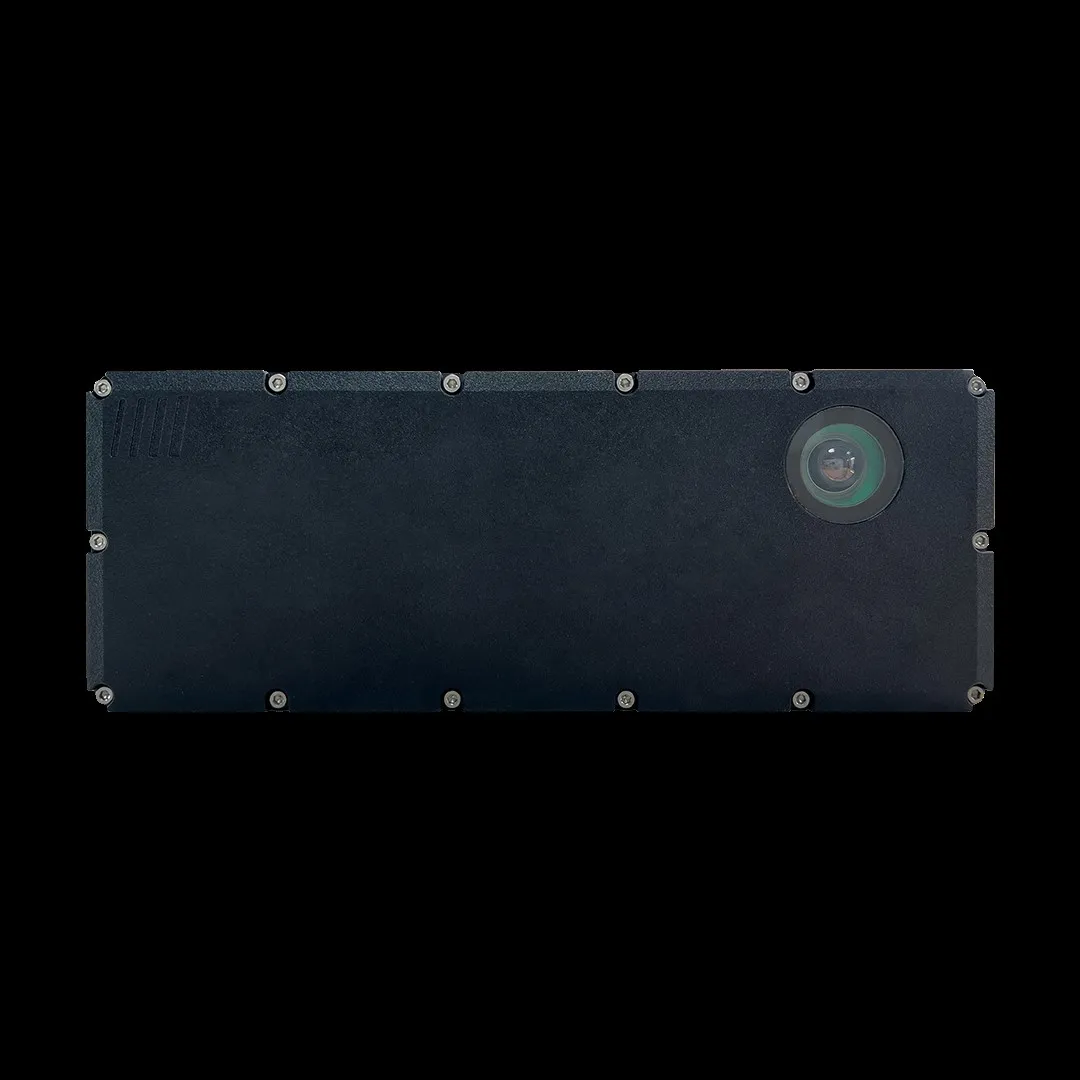Technology company
Continental forecasts that it will be possible to initially reduce the distance between vehicles from 50 to15 metres at a speed of 80 km/h. Its development experts even predict that, in the long term, it will be technically possible to safely reduce this distance to only 10 metres.
Drivers in the convoy are supported by automated driving systems. As a first step, Continental is working on the technology for highly automated convoys comprising a lead truck being followed by one or two additional trucks using the electronic towbar.
According to Dr Michael Ruf, head of continental’s Commercial Vehicles and Aftermarket, platooning means that the truck, which is electronically coupled to the lead vehicle, consumes up to 15 per cent less fuel thanks to safe slipstreaming. Even the lead vehicle drives up to three percent more efficiently on account of the reduction in air turbulence, he says.
Continental believes that if only 50 per cent of the annual mileage of a truck, totalling 150,000 km, was driven in convoy, every coupled truck would be able to save 4,000 litres of diesel per year. One of these convoys would reduce annual fuel costs by over US$10,000 (€9,000) per year and enable the fleet operator to reduce its CO2 emissions by 24 kg per hour with a convoy of three trucks.
Continental focuses on automated truck convoys
Technology company Continental is developing components and systems for the series launch of the electronic towbar, or platooning, using on an interoperable internet platform, which trucks from different manufacturers and fleet operators can use to form an electronic convoy on the freeway. Braking and sensor data are transmitted wirelessly from the lead vehicle to the following vehicles.
September 5, 2016
Read time: 2 mins









